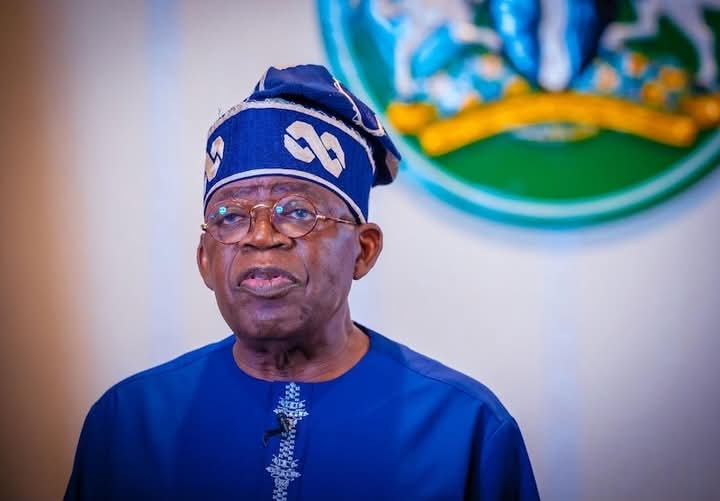The Socio-Economic Rights and Accountability Project (SERAP) has called on President Bola Tinubu to direct the Minister of Interior, Olubunmi Tunji-Ojo, and the Comptroller General of the Nigeria Immigration Service (NIS), Kemi Nandap, to immediately reverse a sharp increase in passport fees.
The rights group described the new fees as “arbitrary, unlawful, unjustified, and excessive.”
The new fees, which are set to take effect on September 1, 2025, will increase the cost of a 32-page, five-year passport to ₦100,000 and a 64-page, 10-year passport to ₦200,000.
SERAP noted that this is the second increase in a year, following a similar hike in September 2024.
READ ALSO: SERAP, NGE drag Niger gov, NBC to court over Badeggi FM intimidation
In a letter signed by its deputy director, Kolawole Oluwadare, SERAP argued that the price increase is discriminatory and denies millions of poor Nigerians access to a passport, thereby restricting their citizenship rights.
The organisation stated that the fees are unaffordable for many and force them to choose between essential living needs and a passport.
According to SERAP, the fee hike violates provisions of the Nigerian Constitution and international human rights obligations.
The group contends that the Minister and the Comptroller General failed to consider the economic hardship facing millions of Nigerians before implementing the new rates.
It further described the action as an arbitrary and unlawful misuse of authority that renders citizens’ fundamental rights “nugatory.”
SERAP has given the government a 7-day ultimatum to reverse the fee increase, threatening to take all necessary legal action if its demands are unmet.
READ ALSO: SERAP urges Tinubu to halt pay rise for politicians
The organisation argued that the excessive fees will further contribute to the population’s impoverishment and violate Nigerians’ right to travel and obtain necessary documents.
The group concluded that the increase is discriminatory and without sufficient justification, undermining fundamental rights guaranteed by the Nigerian Constitution and various human rights treaties to which Nigeria is a signatory.



